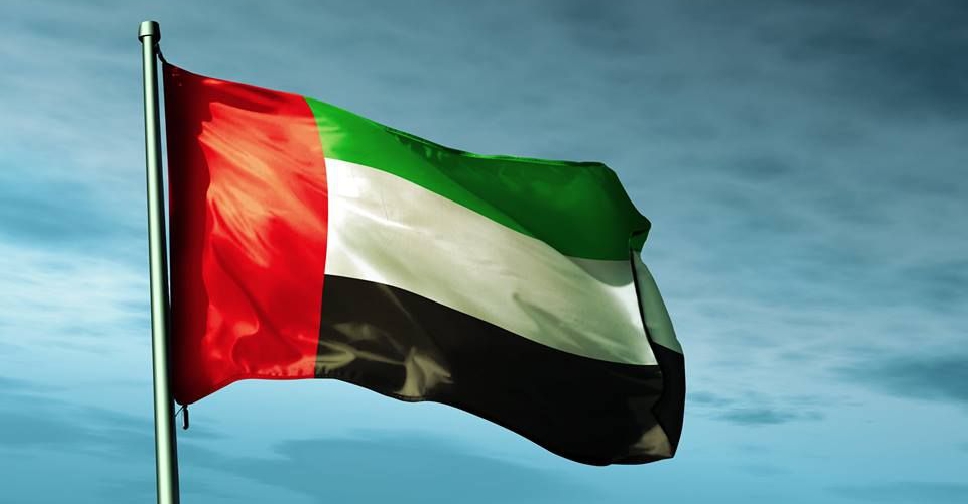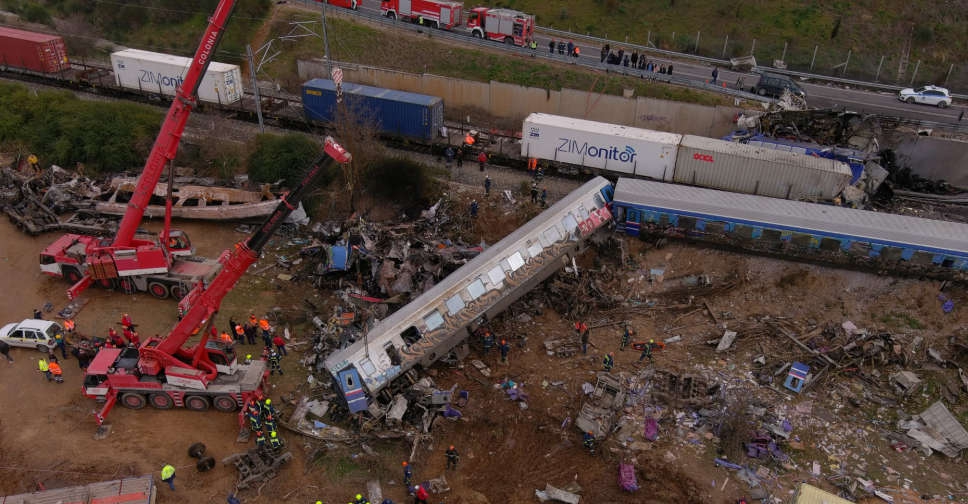
Rescuers combed through charred and buckled rail carriages for more victims of Greece's deadliest train crash on Thursday, a disaster that killed at least 46 people and has led to a national outpouring of grief and anger.
The high-speed passenger train with more than 350 people on board smashed head-on into a freight train near the city of Larissa late on Tuesday, and temperatures in one carriage had risen to 1,300 Celsius after it caught fire.
"The most difficult moment is this one, where instead of saving lives we have to recover bodies," 40-year old rescuer Konstantinos Imanimidis told Reuters on the site of the crash, 210 km north of Athens.
"Temperatures of 1,200 degrees and more in the carriages cannot allow for anyone to remain alive."
Many of the passengers had to kick through windows to escape the flames. To identify some of the victims, relatives had to give DNA samples at a hospital in Larissa, where disbelief turned to anger for some.
Many of the victims were university students returning home after a long holiday weekend and officials said the death toll was expected to rise further. Scores were injured.
The wreck triggered sadness and anger across Greece, where the government has declared three days of national mourning.
Protesters hurled rocks at train company offices in Athens in the evening, before being dispersed by volleys of tear gas fired by riot police. Protests also broke out in Thessaloniki.
And on Thursday, trains were brought to a halt in a day of strike against what unions said was successive governments' refusal to hear repeated demands to improve safety standards.
Transport Minister Kostas Karamanlis resigned on Wednesday, saying he was taking responsibility for the state's long-standing failures to fix a railway system he said "was not fit for the 21st century".
INVESTIGATION
The station master of Larissa train station was arrested on Wednesday as authorities probed the circumstances that led to the passenger train, en route to the northern city of Thessaloniki, colliding with another train carrying shipping containers coming in the opposite direction on the same track.
He was expected to appear before a local magistrate on Thursday.
In a televised address on Wednesday night, Prime Minister Kyriakos Mitsotakis, who had earlier visited the site of the crash, said that evidence pointed to a human error.
Nikos Tsouridis, a retired train driver trainer, said human error did not fully explain what happened. "The station master made a mistake, he acknowledged it, but surely there should be a safety mechanism to fall back on," he said.
Greece sold railway operator TRAINOSE under its international bailout programme in 2017 to Italy's Ferrovie dello Stato Italiane, expecting hundreds of millions of euros to be invested in rail infrastructure in the coming years.
The Italian operation has responsibility for passenger and freight, and the Greek state-controlled OSE for infrastructure.




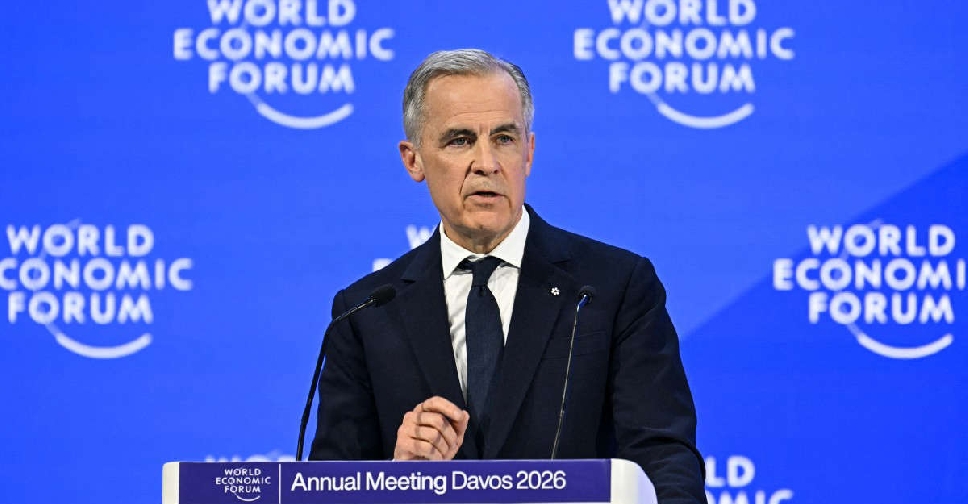 Canada PM Carney strongly opposes US tariffs over Greenland
Canada PM Carney strongly opposes US tariffs over Greenland
 Trump links Greenland threat to Nobel Peace Prize snub, EU prepares to retaliate
Trump links Greenland threat to Nobel Peace Prize snub, EU prepares to retaliate
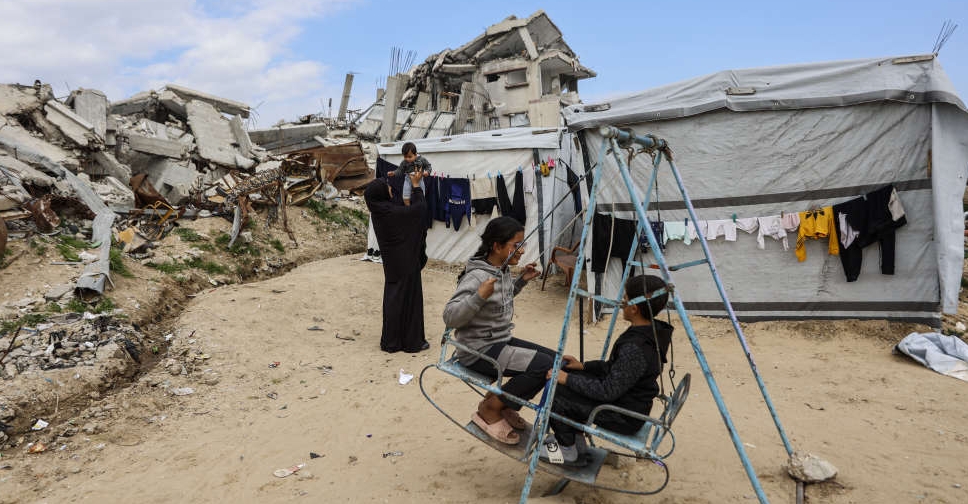 Israel orders Gaza families to move in first forced evacuation since ceasefire
Israel orders Gaza families to move in first forced evacuation since ceasefire
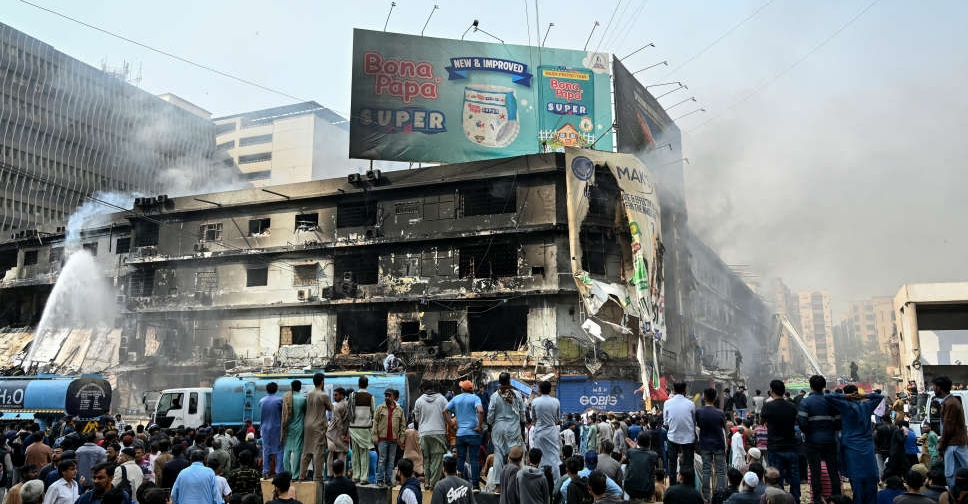 Rescue workers clearing Karachi inferno ruins, 63 missing feared dead
Rescue workers clearing Karachi inferno ruins, 63 missing feared dead


